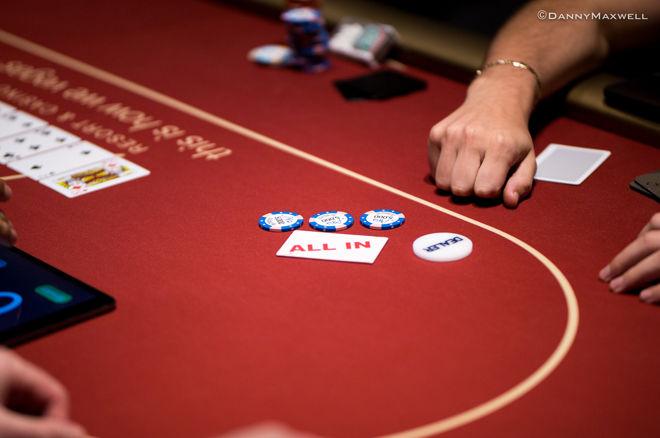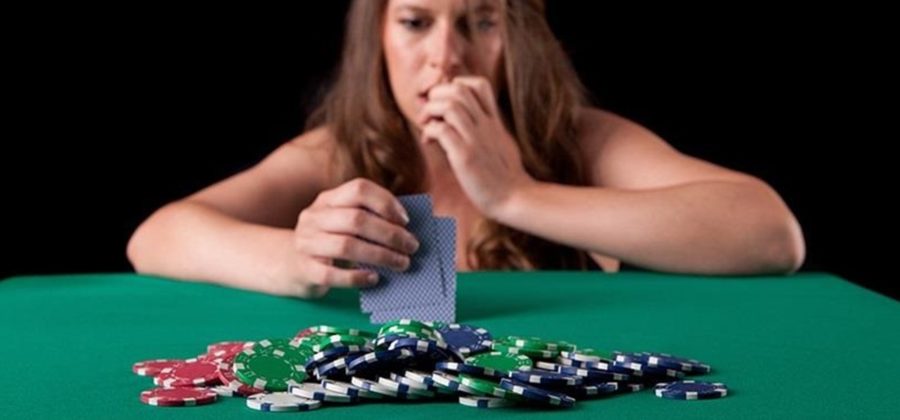Bluffing in poker is a special technique at the gaming table when one player forces another to exit the game. It is based on a peculiar deception - you need to convince your opponent that you have better cards in your hands than you actually have. Professional players are sure to use this technique - it can save in the most difficult gaming situations.
The main task of the player who is bluffing is to finish the game before the cards are revealed. Otherwise, he is likely to lose the hand. To do this, you often need to take risks. And reckless risk can lead to big losses.
Bluffs
Two main types of bluffs can be distinguished: these are pure bluffs and semi-bluffs.
- Pure bluffing is an attempt to raise your bet and convince your opponent of superiority when you don’t even have a hint of a good combination. This technique is used very rarely.
- Semi-bluff - this technique is used in cases where you have good chances to supplement your combination at future stages of the game. In this case, you take risks and hope for a good hand. As a rule, the success of a competent bluff lies precisely in finding a balance between risk and promising combinations.
Bluffing in the late stages
Another game situation when your hand, promising pre-flop, has no chance of winning the river. In this case, you can begin to bluff in the last stages of the game.
When to bluff at a poker table?

There are a number of game situations where bluffing is justified. You can use this technique for various purposes:
- Knocking players off the table and getting a win. The most obvious plus in cases with an aggressive game is a quick income from rivals;
- Building a reputation. You can manipulate the players representation of you. In this case, even an unsuccessful bluff will help you confuse your opponents;
- Psychological pressure. Bluffing is also great for destabilizing an opponent’s game. Applying the technique at the right time, you can simply unsettle the opponent. He will have to think and weigh, slow down the pace.
You can also highlight a number of situations where bluffing will benefit:
- There are few rivals left at the table. This will reduce the likelihood that other players will have good hand combinations;
- Your game in a specific hand is set up so that the opponent can think that you have good cards;
- Cards on the table may be promising for you, or already make up a combination. This will bluff more confidently;
- Your bet should be quite large so that the opponent could not just decide to call;
- The opponent you are playing with should not be too strong. As a rule, at more "adult" tables simple bluff schemes are not successful.
Well, that's all the basic tips for those who want to learn how to use bluffing in poker. We can only wish you good luck and patience in mastering this difficult poker technique!


